BSc (Hons) Economics
BSc (Hons) Economics
| Award: | BSc (Hons) Economics |
|---|---|
| UCAS Code: | 1EC0 |
| Degree Awarding Body: | Northeastern University London |
| Location: | St Katharine Docks & The City, London
|
| Co-op Placements Available: | |
| Study Abroad: | Semester in USA (Optional) |
| Eligible for Double Degree?: | |
| Start date: | September 2025 (see academic calendar)
|
| Entry Requirements: | |
| Study Mode: | Full-time |
| Duration: | 3 years |
| Annual Tuition Fees: | Home: £9,535 International: £23,050 |
| Scholarships: | TBC |
| Programme Specifications: | |
| Timetables: | Available semesterly |
| Electives: | |
| Student Satisfaction: | 83% (National Student Survey 2022) |
Summary
The BSc (Hons) Economics is infused with a strong global interest: courses use case studies and examples from around the world, and in many courses, students are able to choose a case study for their assessments.
The economics curriculum covers three key elements of economics: economic theory (microeconomics and macroeconomics), quantitative study (mathematics, statistics, econometrics), and specialist contextual study (for example, economic history, finance, and political economy).
This degree programme combines this rigorous economics syllabus with a personalised elective pathway. Students can choose to deepen their focus on economics through their elective courses, or they can further contextualise and broaden their studies with courses that match other interests and goals.
Economics students develop a wide range of skills. They become disciplined thinkers and problem-solvers, competent in both quantitative and qualitative analysis, and highly equipped in the inquiry of how societies might develop and progress their material and psychological well-being, as well as being analysers of human behaviour. Students develop vital credentials to manage data and analyse it, and to communicate their results in ways that are suitable for diverse audiences.
These valuable and transferable skills open up a wide array of career possibilities upon graduation.
Electives
Our growing range of Elective courses include the subjects that have in the past been available as minors, plus some new popular subjects and interdisciplinary themes.
Focus on one subject or study multiple subjects. Flexible Elective Pathway courses will enable students to choose to either:
- Deepen focus in their degree subject
or - Combine their studies with courses in a particular second subject
or - Explore a broad range of subjects, developing agile thinking across disciplinary boundaries
Discipline Pathways
- Art & Design
- Business
- Computer Science
- Creative Writing
- Data Science
- Economics
- English
- History
- Law
- Philosophy
- Politics & International Relations
- Philosophy, Politics & Economics (PPE)
Thematic Pathways
- Sustainability
- Technology & Ethics
What makes our BSc (Hons) Economics different?
- Rigorous, in-depth core subject study
- Interdisciplinary degrees, built around real-world problems
- Flexibility to create your own academic pathway with elective courses
- Gain core competencies and develop practical and transferable skills for your future career
- Embedded experiential opportunities to drive real-world change
- Explore the big issues that need agile thinking crossing subject boundaries
- Acquire the knowledge and experience that will empower you to make a meaningful impact in a fast-changing world
- Experience a semester abroad at one of Northeastern University’s campuses in the USA
Your learning experience
You will experience learning at the University through a combination of formats and class sizes. Some of our courses are delivered through a high number of scheduled teaching or ‘contact’ hours, while others focus on smaller, more personalised, guided independent study, or hands-on or community-based projects.
Our academic staff selects the most appropriate pedagogy and contact hours for each individual course in order to support students to develop and succeed in their studies. This means that within your undergraduate Economics degree you are likely to experience a combination of scheduled lectures, workshops, seminars and tutorials. The exact balance of these types of learning and number of contact hours will depend on the specific electives and optional courses you choose.
Most lectures and seminars will have a maximum of 40 student participants, while tutorials will typically have five or fewer students, and may sometimes be one-to-one. This personalised approach to teaching allows everyone to participate and thrive.
Employability
Core competencies are embedded within our Economics degree programmes, preparing you for your future career while you are studying, so that you stand out from the crowd and are ready to succeed as soon as you graduate.
By the time you graduate, you will have taken courses fulfilling the following three competencies:
- Writing Across Audiences and Genres
- Integrating Knowledge and Skills Through Experience
- Demonstrating Thought and Action in a Final Project (can be dissertation)
You will also have taken courses inculcating a minimum of four of these additional competencies, depending on your learning pathways:
- Engaging with the Natural and Designed World
- Exploring Creative Expression and Innovation
- Interpreting Culture
- Conducting Formal and Quantitative Reasoning
- Understanding Societies and Institutions
- Analysing and Using Data
- Engaging Differences and Diversity
- Employing Ethical Reasoning
Careers Service
Our dedicated Careers Advisors work with students right from day one. Some students arrive at Northeastern University London with their journey path clearly mapped, others need help finding their direction. Our Advisors are here to help both.
Advisors will help to identify aspirations and explore careers, as well as assist with the development of CVs, and developing an ‘elevator pitch’ to differentiate yourself in a crowded market. Advisors guide students through making the most of Linkedin, and applying for internships, placements, and graduate jobs.
Our Advisors are here to help you achieve your ambition and have expertise in a wide range of sectors including professional services, government, creative industries, law, and banking.

